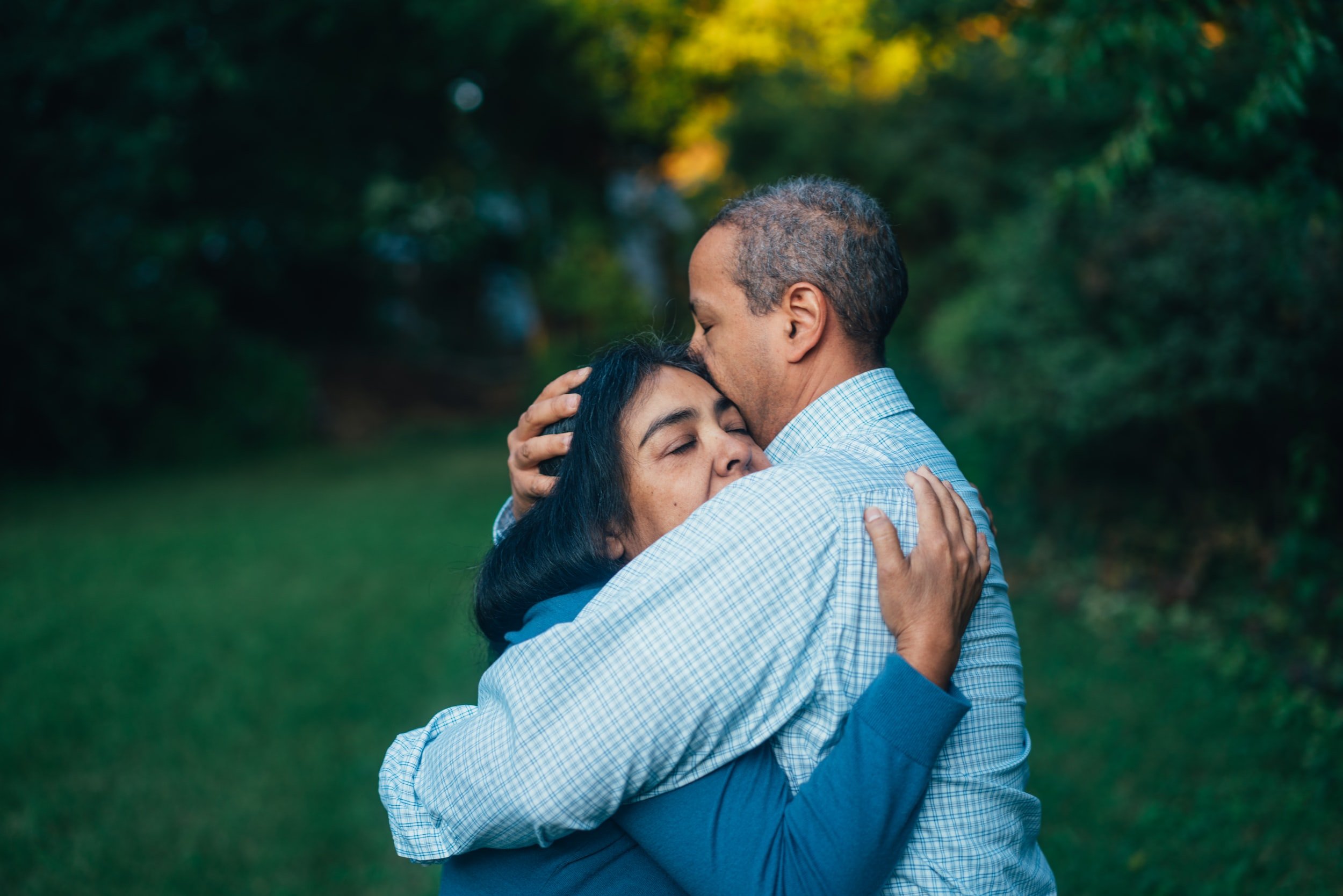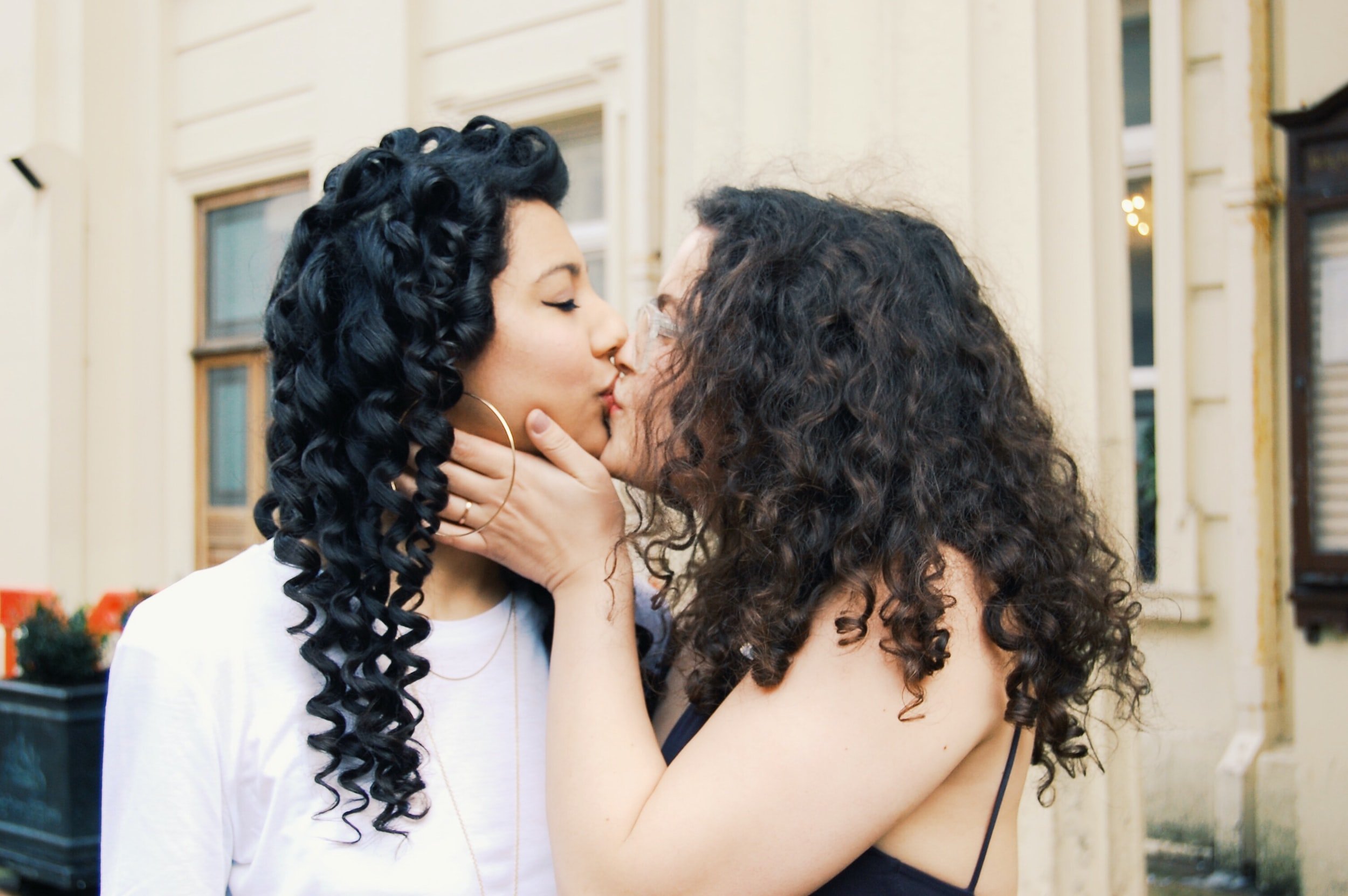How Anxiety Affects Relationships
It keeps you trapped in your own perception
- Only seeing things through your own negative belief system. The root of anxiety is typically a negative belief, or negative beliefs, that we have internalized about ourselves over the course of time. For example, someone may believe they are not good enough, fear that they will be abandoned, or believe that they are inherently flawed or broken in some way. When these negative feedback loops continue to cycle, they become magnified when something undesirable happens. For instance, if deep down someone feels like they’re not good enough, they may crumble every time they receive criticism. This could be constructive criticism. However, if there is an underlying belief that we are inferior or inadequate, then constructive criticism may be perceived or feel like a personal attack on our character.
- Seeing things through the lens of your old wounds. Similar to the example mentioned above, past wounds (e.g., cheating exes or a history of power struggles with parental figures) can cloud our judgment. Sometimes these wounds become triggered and they are easily identifiable. However, sometimes past trauma or past relational issues can be buried deep within our subconscious. This is why we keep repeating the same old relationship patterns even though we may be dating someone entirely new. These patterns can be sneaky and frustrating for everyone involved.
- Focusing on fear and being blinded by an inflated ego. Most people are trying to secure a sense of certainty in their romantic relationships before they open up to the process of unconditional love. That being said, most people are trying to obtain a loving relationship based on their own terms and conditions. They think this helps them feel safer but ultimately this order of operation doesn’t work. It actually has a tendency to keep us trapped in fear which, in turn, makes us spiral. This is a classic example of an egotistical relationship. We cannot force people to meet all of our demands. That is not a healthy, loving, or reciprocal relationship. When we succumb to the fears of our ego we are focusing on ourselves and ironically closing ourselves off. Pushing unconditional love even further away.
It kills your communication
- Providing inaccurate or incomplete sentence structures. This is probably one of the most basic, yet most common issues out there. Many of us struggle with communicating our emotions in general. For instance, when someone asks us how we are, we often say things like “I’m good, fine, just living the dream, etc.”. There is a major difference between telling someone, “I feel rejected” vs. “I’m fine”. They are not the same and this particular example is known as a passive communication style. People cannot connect with or help support what they are not being told.
- Reacting vs. responding. If we struggle to identify and communicate our thoughts and feeling directly, the vocal tone of what’s being communicated may unintentionally come out as short, sharp, or stunted. All of which can be off-putting or easily misinterpreted. Misunderstandings can often lead to shutting down or major outbursts. All of which are reactions to what is going on internally. If we want to communicate more effectively, we need to be clear about how we feel so we can learn how to RESPOND rather than react.
- Not hearing the point of the actual message being said. Aside from being able to articulate and express our own internal processes, communicating effectively also involves hearing the message of what the other person is trying to say. This does NOT mean listening to respond. This means listening to UNDERSTAND. If we take things personally and are in defense mode, we often miss the point of the conversation in the first place. Spiraling even further, this often leads to making inaccurate assumptions about the other person’s true intent. We need to learn how to put our own insecurities aside so that we can be receptive to the message before us.
You reject the love you secretly desire
- Not showing up authentically. True intimacy is built through vulnerability and emotional connection. We can’t connect with what we don’t know or what we don’t feel. If we hide certain parts of ourselves away it creates a sense of disconnection. How are we supposed to be loved fully if we struggle to show up in our relationships fully? The parts of ourselves we reject the most are the parts that need deep intimate love the most. We need to learn how to stop hiding.
- Abandoning yourself. Many people often confuse a strong sense of attachment with true love. Attachment is when we do things to “get love” or to avoid rejection, sometimes holding on to a relationship we know isn’t good for us. For example, going against your own beliefs or disregarding your personal values to avoid rejection is how one may abandon themselves in a relationship. Abandoning ourselves in order to feel “secure” slowly depletes us of our own life force energy.
- Self-sabotaging your own relationship. Sometimes we become so fearful that we either consciously or subconsciously do things that ruin our relationship. Self-sabotage can manifest such as playing out false stories in our heads, “checking out” or flirting with other people we know we’re not actually interested in pursuing, or constantly threatening to end the relationship. We do these things not because we don’t want connection, but because we are afraid of it. Many people are afraid of feeling too deeply because they fear they will be exposed and taken advantage of, especially if they have been hurt before. It is easier to push someone away than it is to heal past hurts and choose to love again.
How to REPAIR your relationship
- Understand and identify the root of your anxiety. Reflect on the different ways your perception may be flawed. Have you picked up different types of fears from past relationships or are you still carrying things forward from childhood? What types of self-soothing or coping strategies do you have to help you regulate yourself when issues arise? If the answer is none, then that is where we have some work to do. When we address our fear and put unconditional love before our need for certainty, the pressure and tension in the relationship can finally lift and we can begin to move forward.
- Improve the quality of your communication. This is about being open and honest with yourself and others. Learn strategies to help you identify your emotions and then practice expressing them as clearly as you can. Drop the defense mechanisms because they aren’t serving you. Allow yourself to be heard and allow yourself to hear the messages coming from others as well. Approach things from a place of curiosity instead of a place of judgment.
- Seek support to address unhealthy patterns hidden in the subconscious. THERAPY. Mental health stigma is a boring and outdated story. These days, it’s almost weird if someone doesn’t have a therapist. Find someone who can help you identify and work to resolve your issues. To love deeply is more than just “giving love”. It is about allowing yourself to receive it in return. You can’t do that if your subconscious relationship patterns are having you reject the love others are trying so desperately to give you. Professionals exist to fast-track your healing. Not prioritizing our own healing is another way we self-sabotage and reject the love we deserve to have.
If you would like to work with me I provide integrative psychotherapy, EMDR, and Energy Healing services for an all-encompassing Mind-Body-Spirit approach. Book online or call 507- 412-6855 to learn more. Please note: Therapy clients must be within the state of MN during the time of their therapy session. However, Spiritual/Energy services can be provided at any location within the U.S.
Call to book an appointment 507-612-6855 or learn more online by visiting www.abundantlightllc.com
Your intuition knows the answer and you absolutely can learn how to connect back to it, permanently! :)




